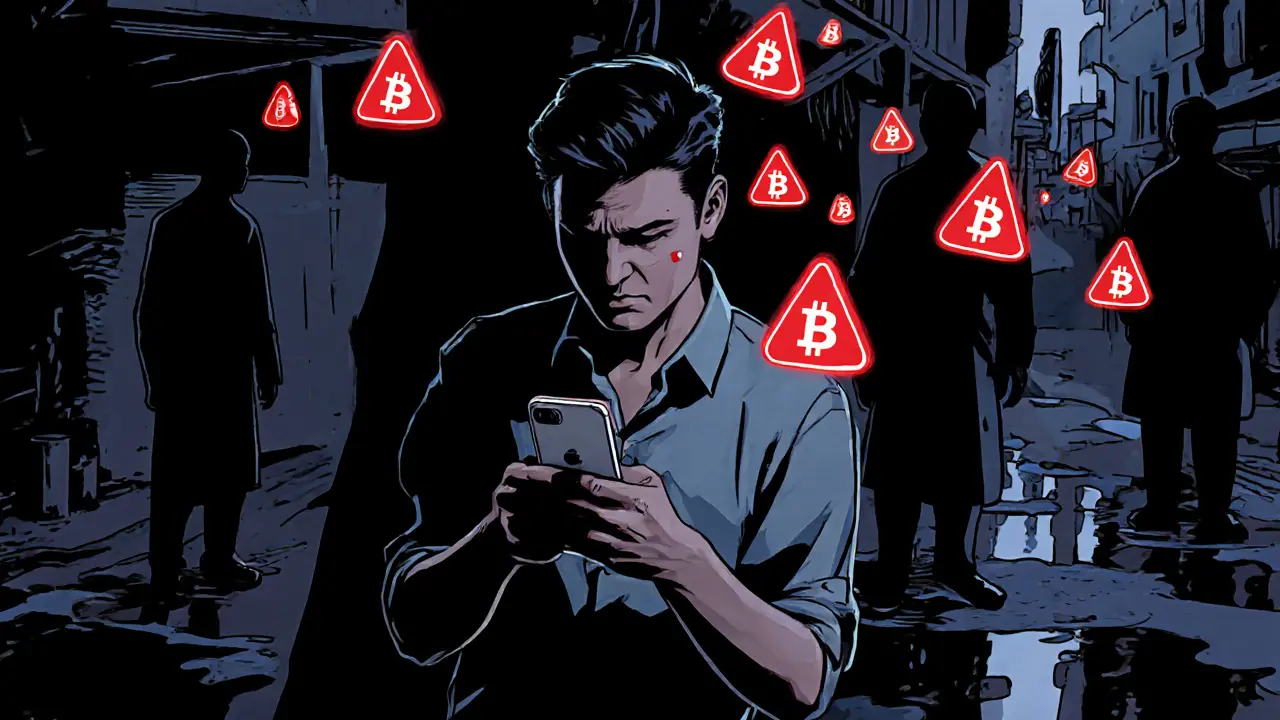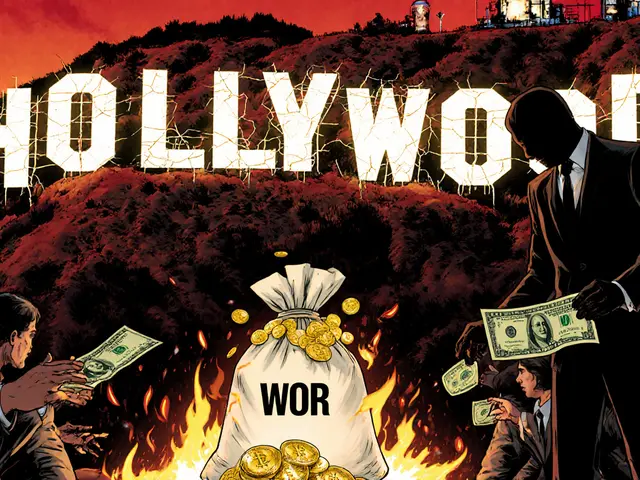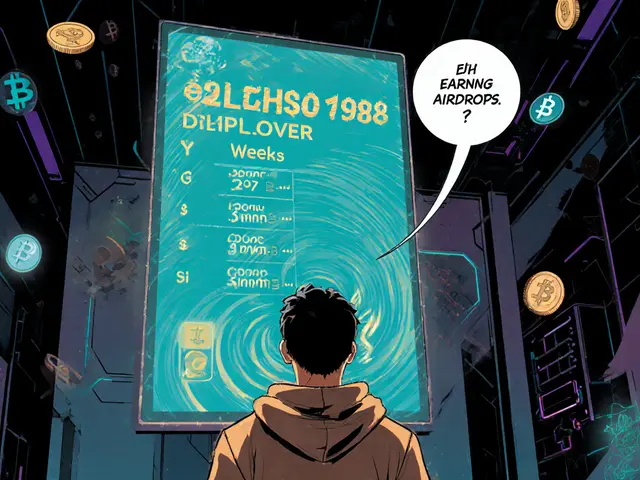Crypto Trading Penalties: What You Risk and How to Avoid Them
When you trade crypto, you’re not just betting on price swings—you’re playing by rules that vary by country, and breaking them can cost you big. crypto trading penalties, fines, account freezes, or legal action imposed by regulators for violating trading, reporting, or licensing laws. Also known as crypto compliance violations, these aren’t just warnings—they’re real consequences that can shut down your trading activity overnight. Whether you’re swapping tokens on a decentralized exchange or buying Bitcoin through a local platform, ignorance isn’t a defense.
Regulators around the world are cracking down. In the UK, the FCA crypto authorization, the mandatory licensing process crypto exchanges must complete to operate legally in the United Kingdom is now the gatekeeper. If you use an unregistered platform, you’re not just risking your funds—you’re indirectly supporting an illegal operation. Meanwhile, the SEC Philippines crypto enforcement, actions taken by the Philippine Securities and Exchange Commission to penalize unlicensed crypto platforms and protect retail investors has led to bans, fines, and even criminal charges against operators. And in Turkey, Turkey crypto regulation, the 2024 legal framework that requires exchanges to obtain licenses, disclose fees, and comply with anti-money laundering rules forced dozens of platforms to shut down or restructure. These aren’t isolated cases—they’re part of a global trend.
Penalties don’t just hit exchanges. Traders who ignore reporting rules, use unlicensed platforms, or engage in wash trading can face personal fines, tax audits, or even asset seizures. The system isn’t perfect—some countries still have blurry lines—but the risk is real. If you’re trading on platforms that don’t clearly state their legal status, you’re gambling with more than just your portfolio. You’re gambling with your legal standing.
What you’ll find below isn’t a list of scary stories—it’s a practical map of where these penalties hit hardest, who’s enforcing them, and how to spot red flags before they cost you. From the blockchain forensics used to track North Korean hacks to the compliance checklists for UK exchanges, these posts show you exactly where the lines are drawn—and how to stay on the right side of them.

Bangladesh bans Bitcoin trading, but enforcement targets money movement, not ownership. Learn how authorities track users, the real legal risks, and why people still trade despite prison sentences and asset seizures.
Continue Reading




